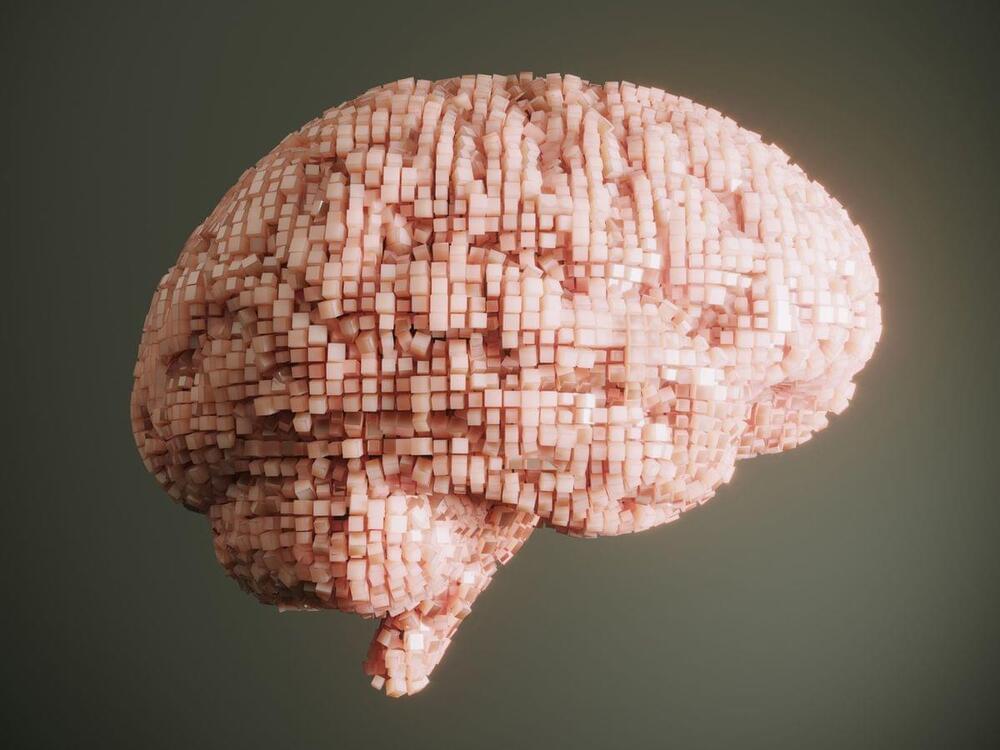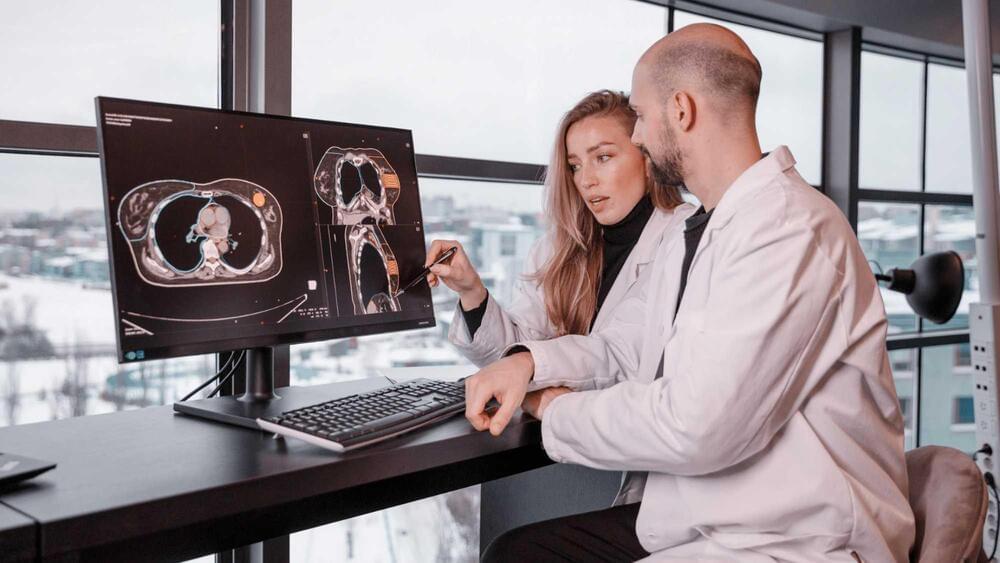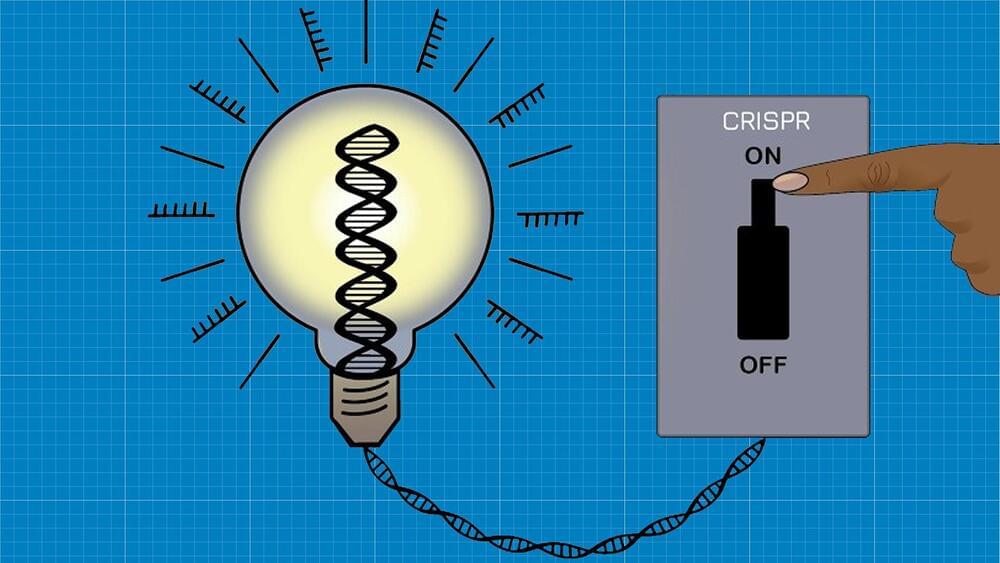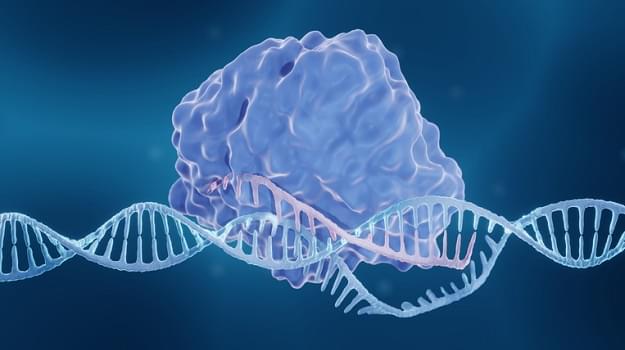A causal relationship exists among the aging process, organ decay and dis-function, and the occurrence of various diseases including cancer. A genetically engineered mouse model, termed EklfK74R/K74R or Eklf (K74R), carrying mutation on the well-conserved sumoylation site of the hematopoietic transcription factor KLF1/ EKLF has been generated that possesses extended lifespan and healthy characteristics including cancer resistance. We show that the high anti-cancer capability of the Eklf (K74R) mice are gender-, age-and genetic background-independent. Significantly, the anti-cancer capability and extended lifespan characteristics of Eklf (K74R) mice could be transferred to wild-type mice via transplantation of their bone marrow mononuclear cells. Targeted/global gene expression profiling analysis has identified changes of the expression of specific proteins and cellular pathways in the leukocytes of the Eklf (K74R) that are in the directions of anti-cancer and/or anti-aging. This study demonstrates the feasibility of developing a novel hematopoietic/ blood system for long-term anti-cancer and, potentially, for anti-aging.
The authors have declared no competing interest.






